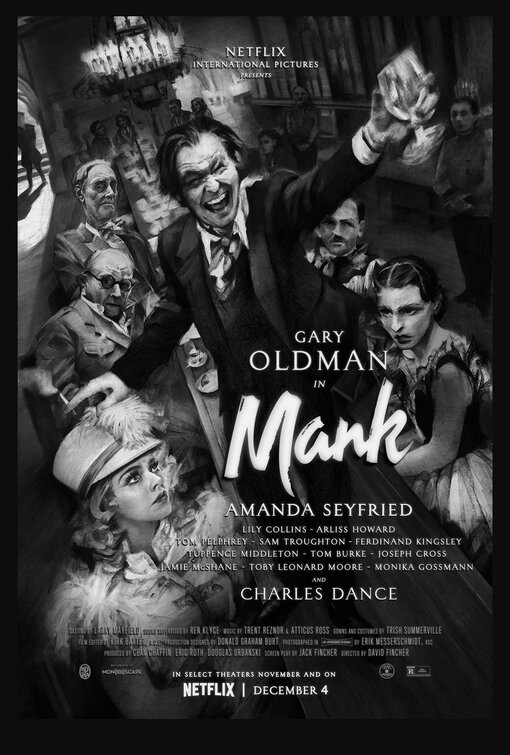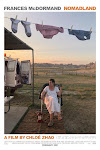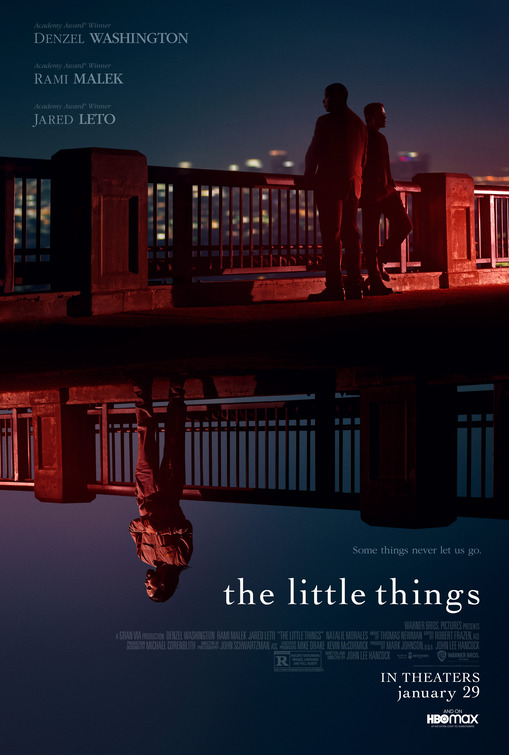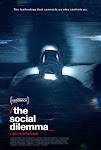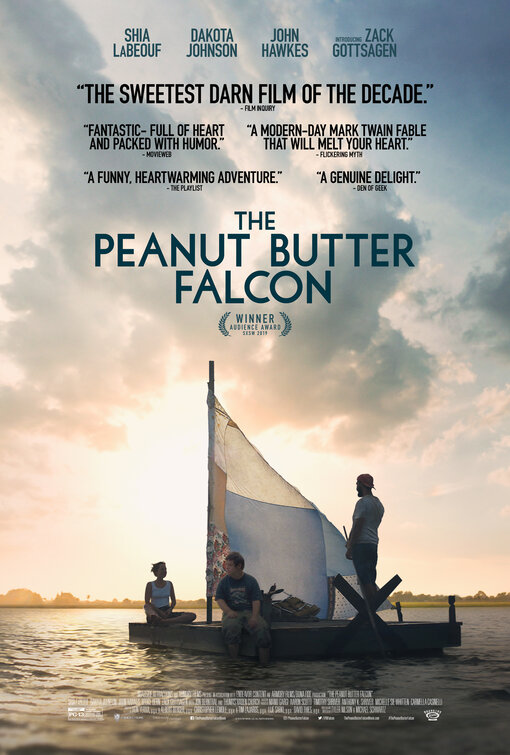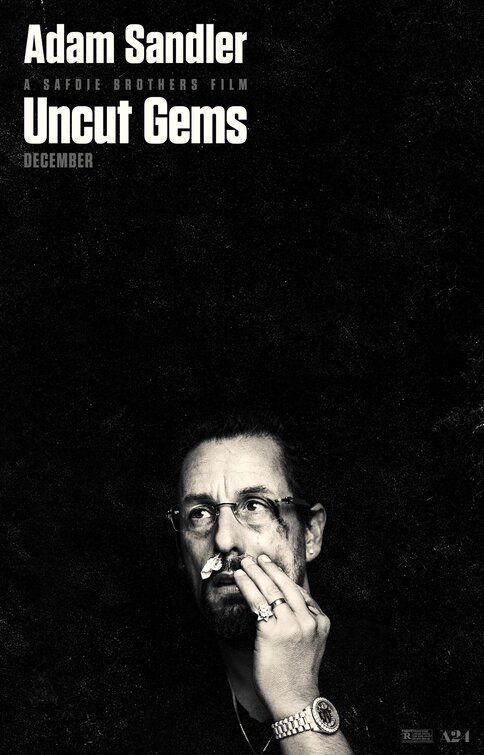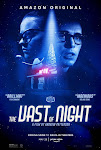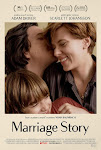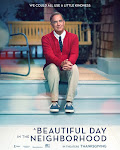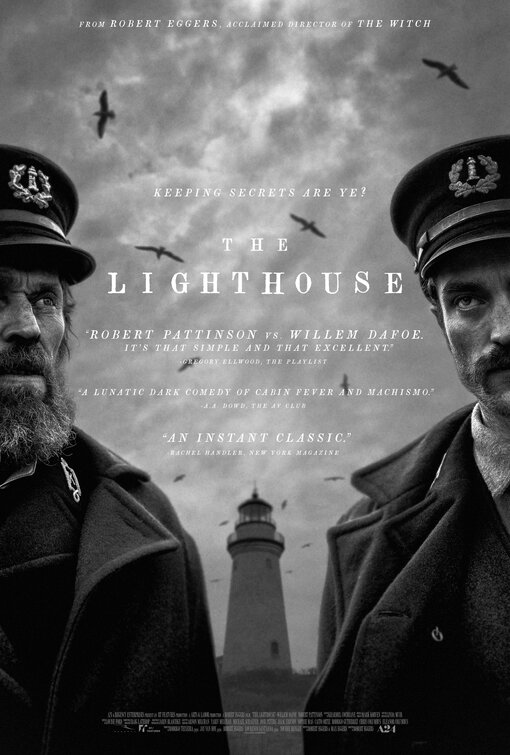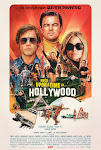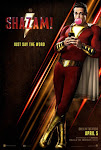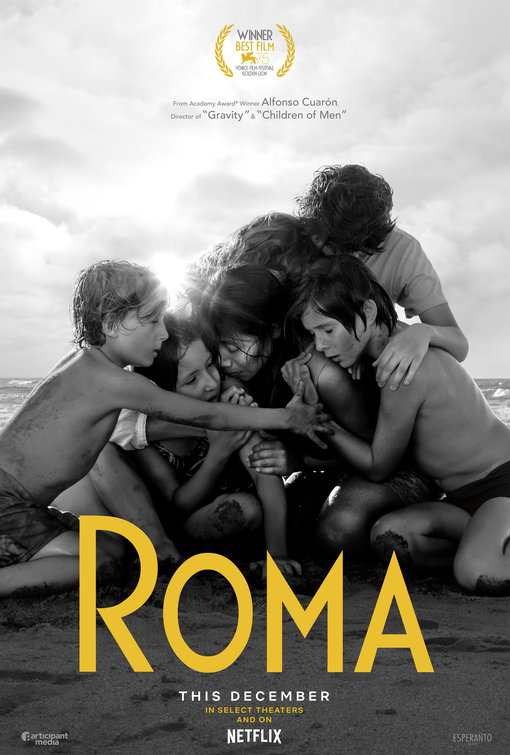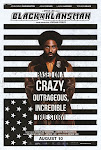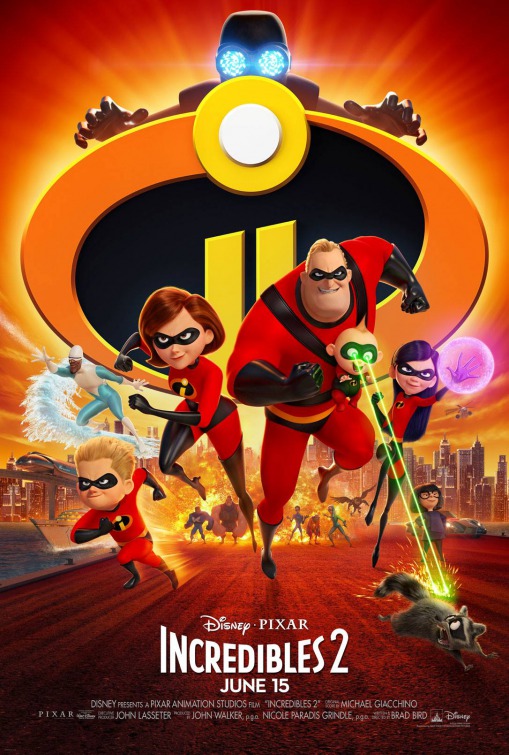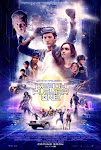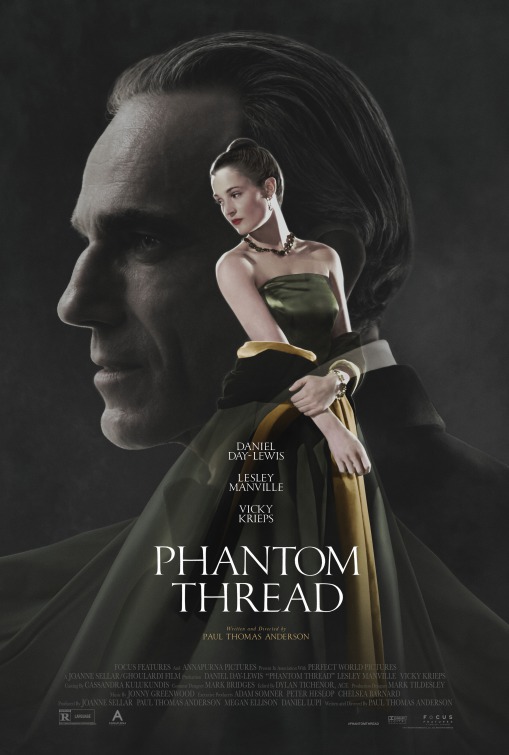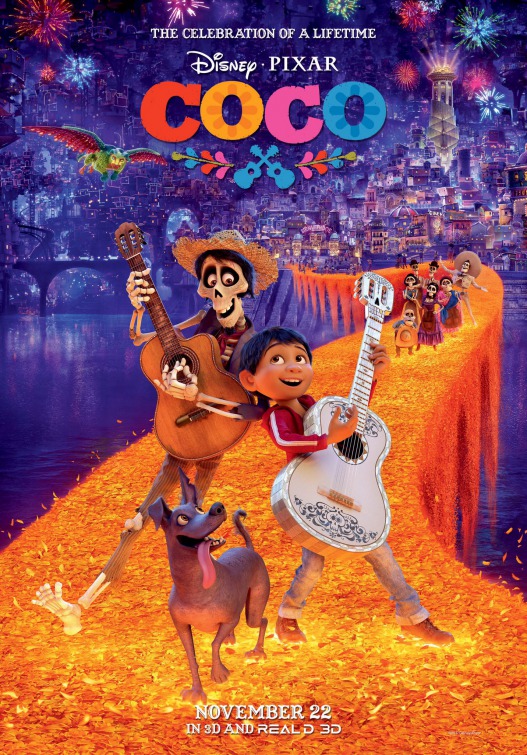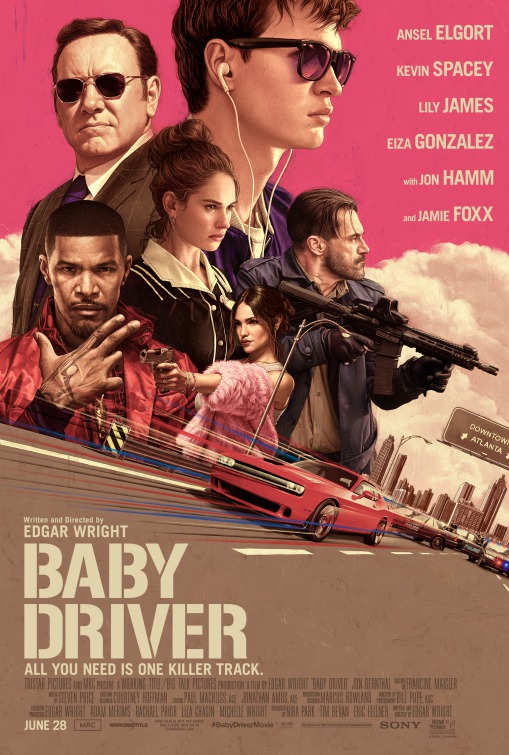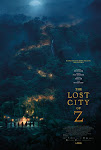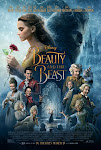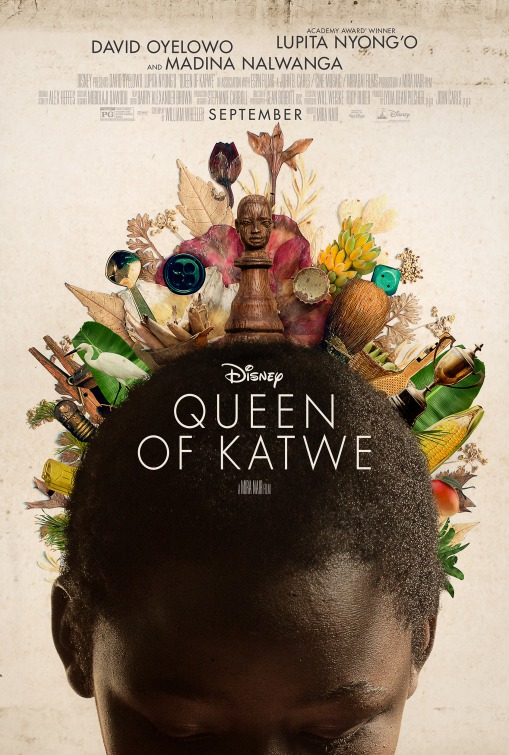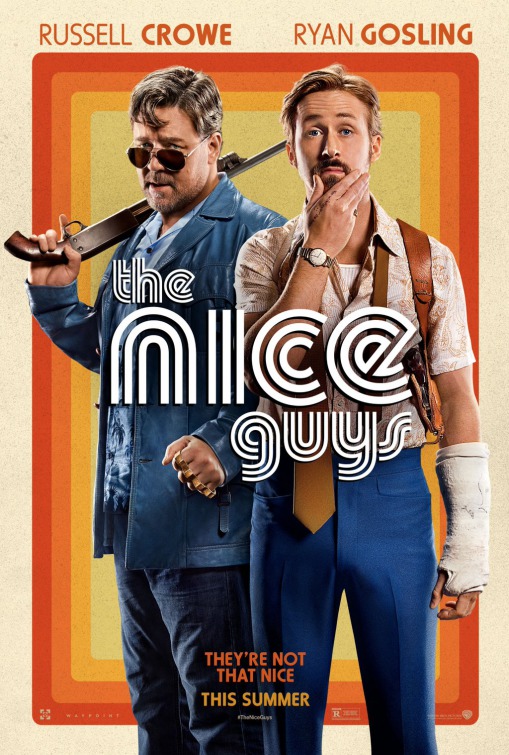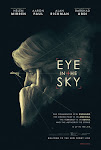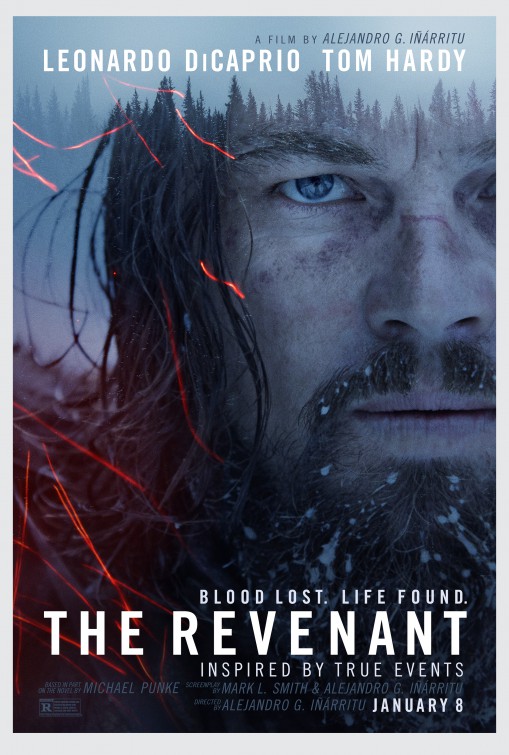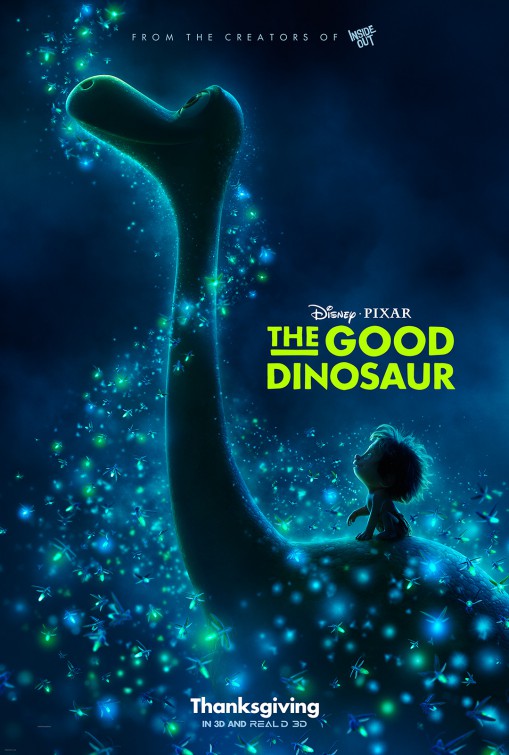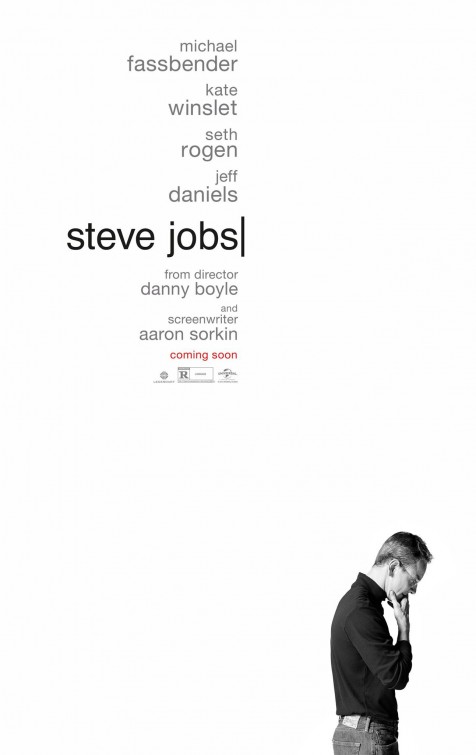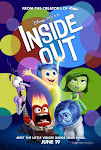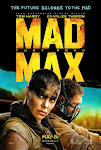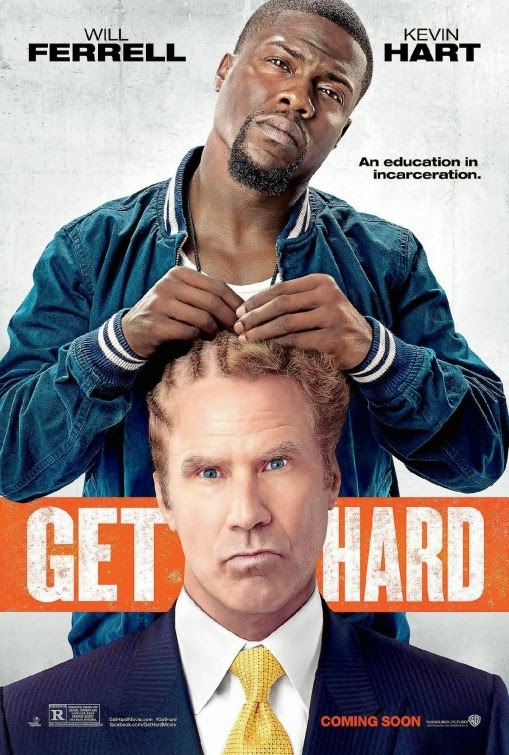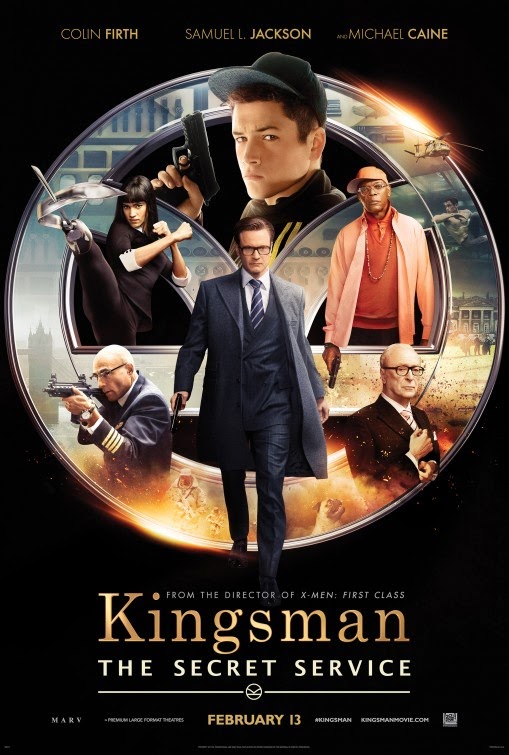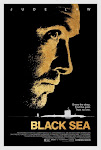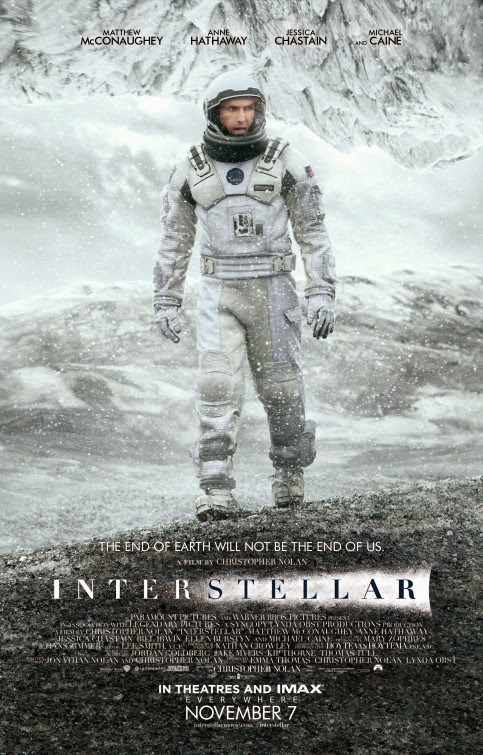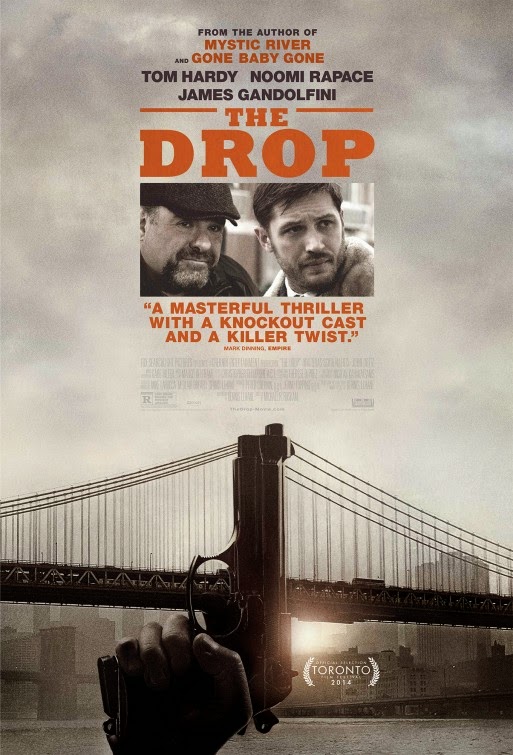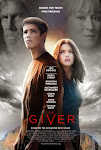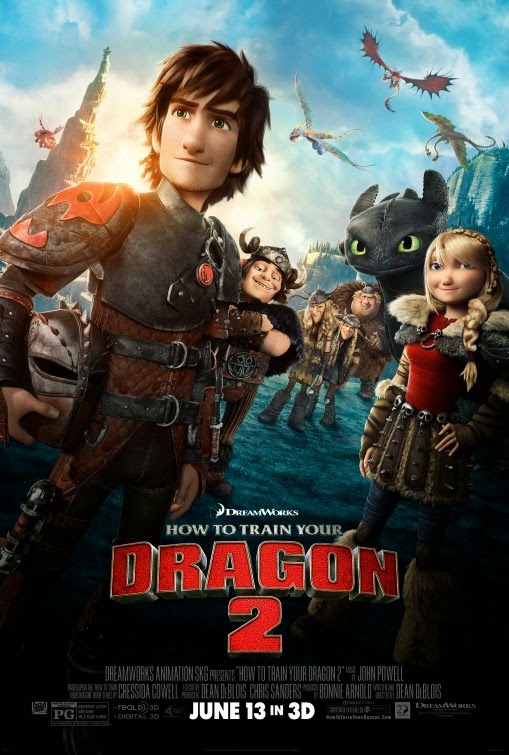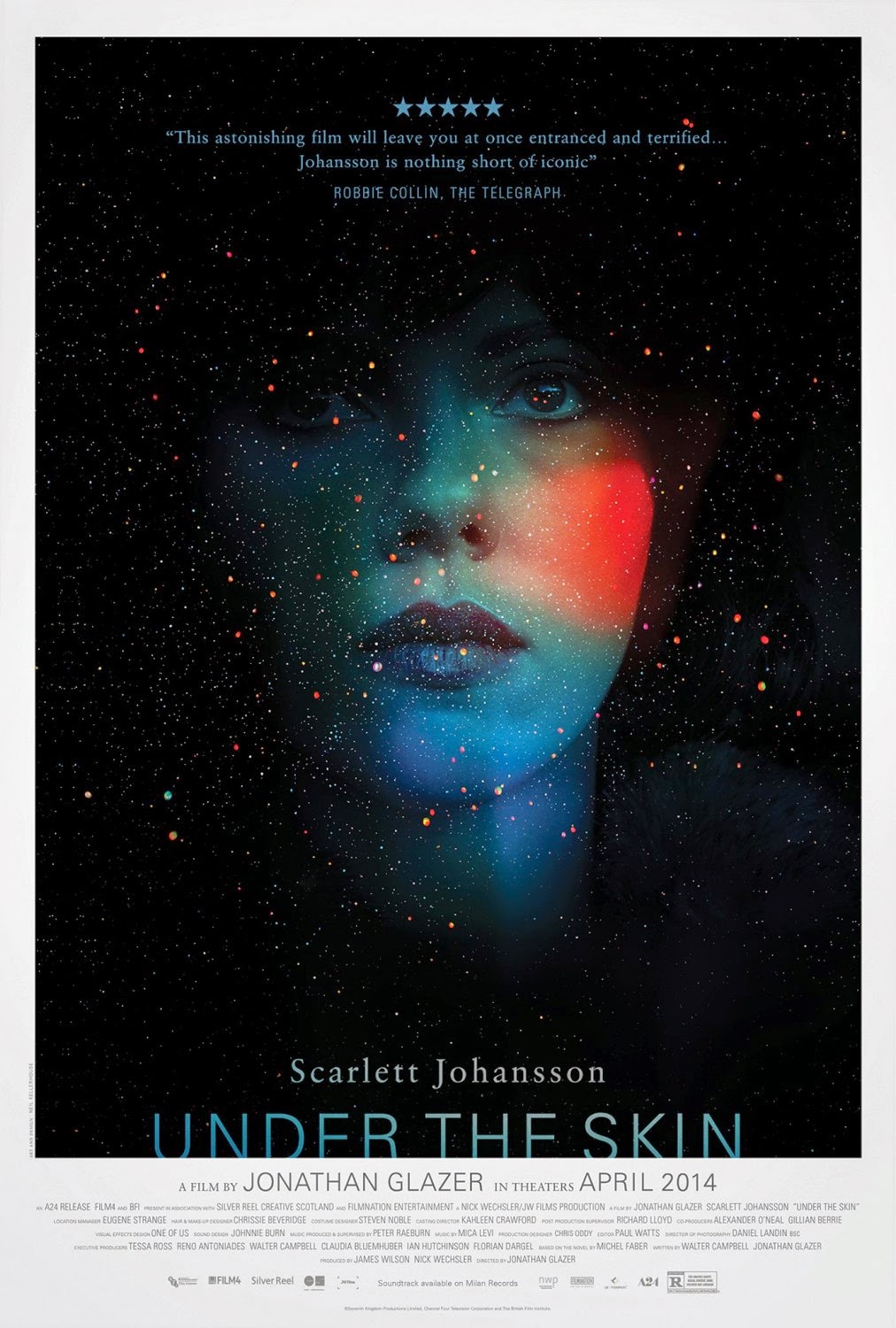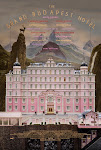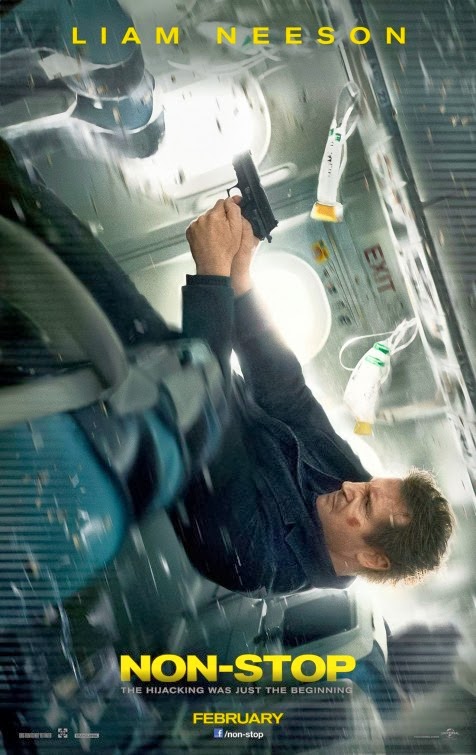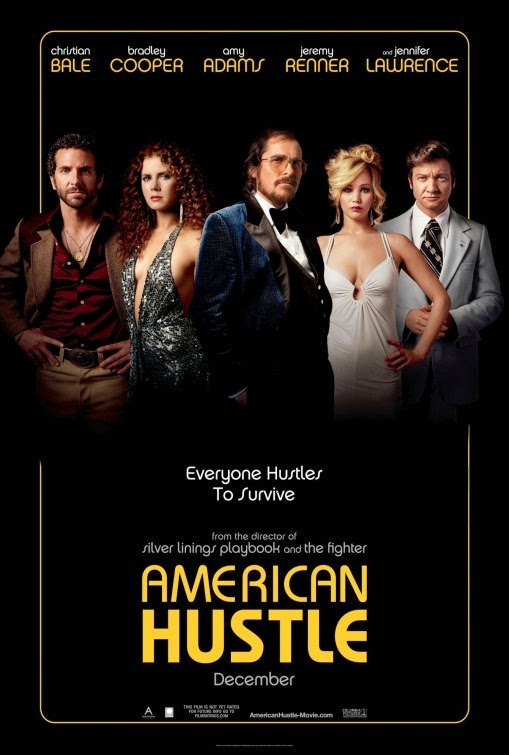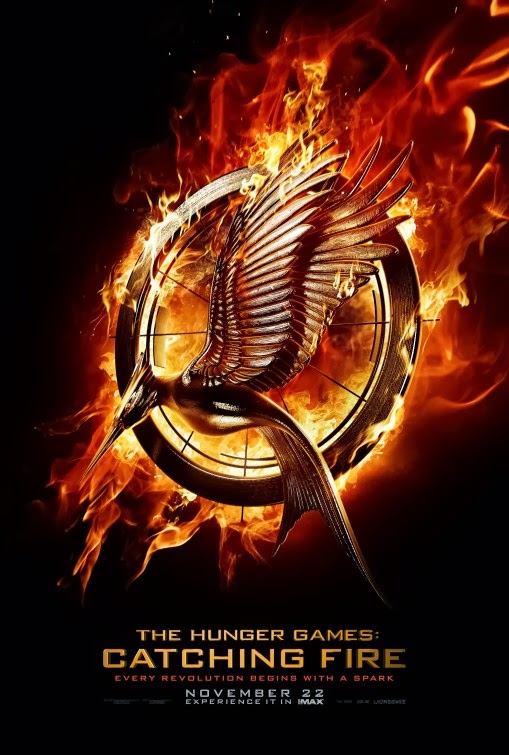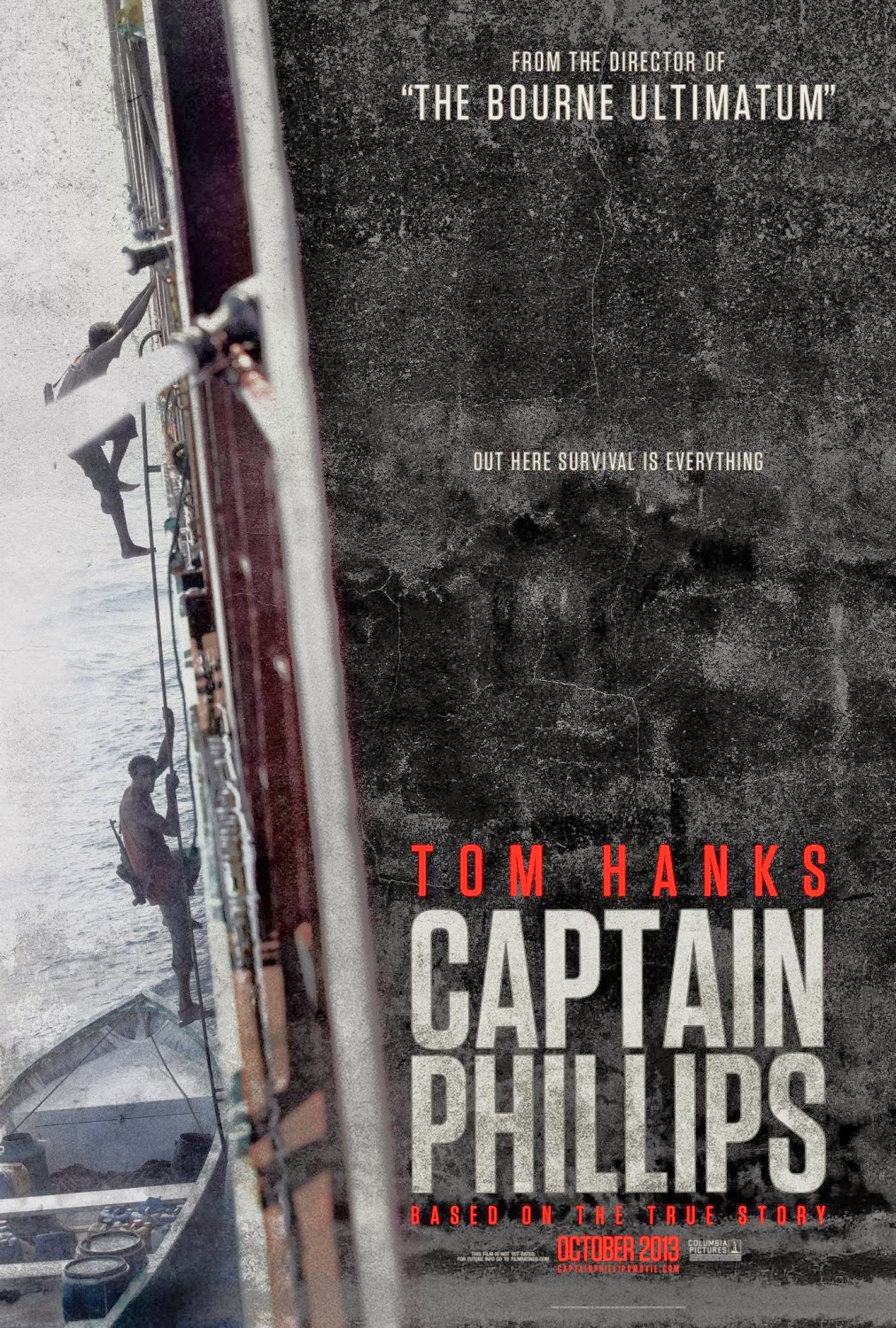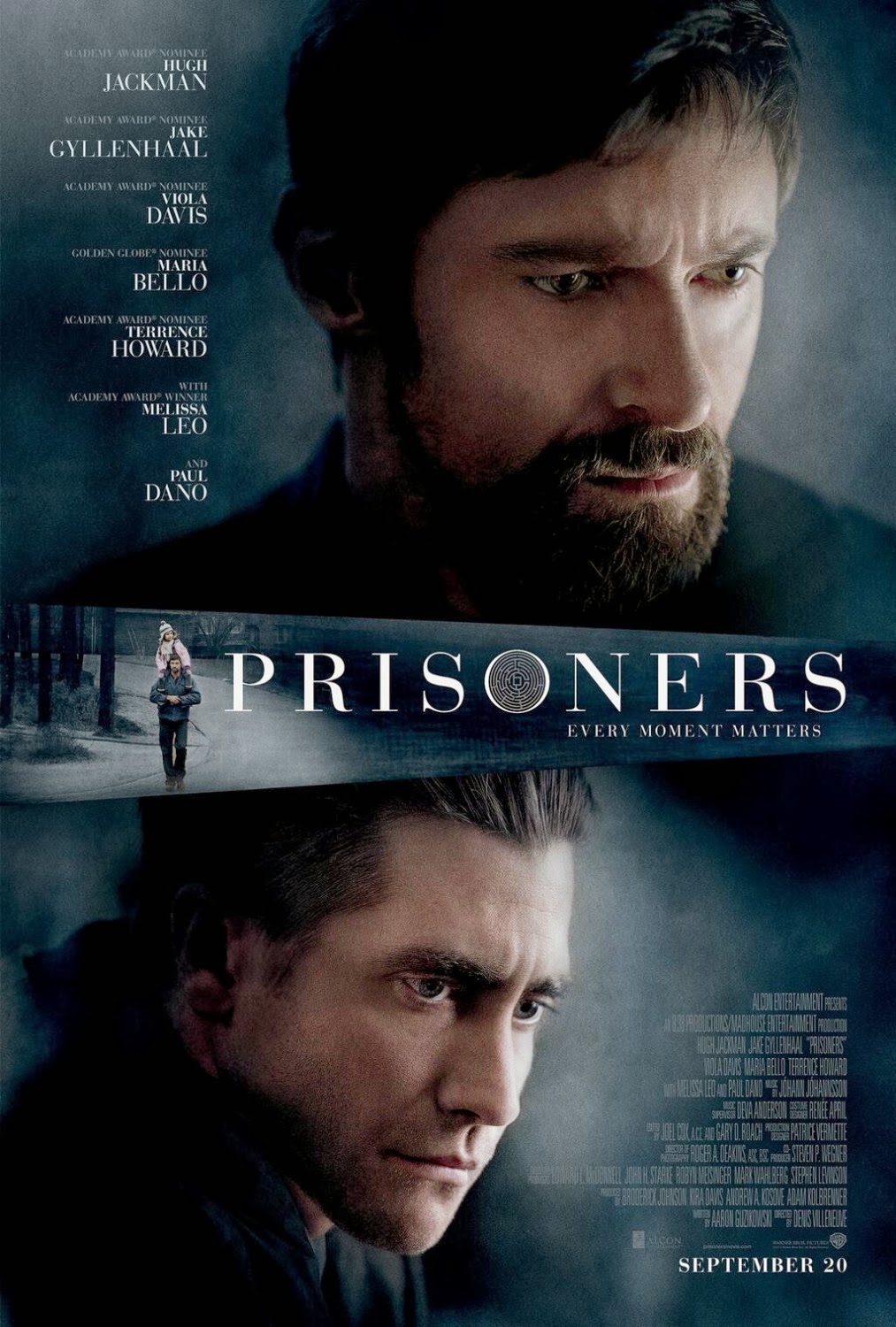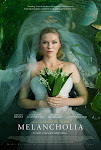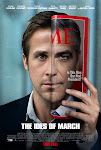Coastal View News
“The Grand Budapest Hotel” is a recollection. It is a story
about a series of events that occurred in the 1930s, and then was recounted by
someone in the 1960s, written down by someone else in the 1980s, and finally read
by a little girl in the present.
As with many recollections, this one is full of
contradictions. Well, they’re not contradictions—more like tensions or irregularities.
Like: The story takes place in and around a hotel named after a real city (Budapest)
located in a fictional country (Zubrowka—somewhere in Eastern Europe?). The
principle narrator is a rich old man with light skin (F. Murray Abraham), and
yet, in his story, he is a lobby boy with dark skin (Tony Revolori). In the
background is a fictional early-1930s war that looks and feels a lot like a certain
real late-1930s war. And various scenes combine both live action and painterly
stop-motion animation.
There is more. The chief protagonist, Gustave H (Ralph
Fiennes), is the concierge of The Grand Budapest Hotel. He is disciplined, rigid,
by the book, no-nonsense, except for the fact that he carries on affairs with
all the older ladies, bathes himself in copious amounts of perfume, and is
prone to writing and reciting melodramatic poetry.
Then this happens: One of Gustave’s leading ladies dies. She
leaves him a valuable painting. The relatives all want it. But Gustave grabs it
and runs. They track him down. They accuse him of murder. Gustave pleads
innocent. But it’s a tough sell. This is very dramatic. But it’s also kind of
silly.
Gustave, together with the lobby boy at The Grand Budapest
(Zero), eludes assassins, solves mysteries, protects the innocent (well, not
always), and strives toward some invisible end. Every moment is some
combination of breathtaking, beautiful, interesting, compelling, engaging, and
absolutely hilarious.
But here are some questions: Is this a drama or a comedy? Is
it supposed to be tragic or funny? Is it melodramatic or devoid of feeling? Is
it real or fantasy? Are these people good or bad, happy or sad, honest or
duplicitous, serious or silly? Are their lives meaningful or pointless? Are
their stories profound or inane?
These are questions about all of the following: “The Grand
Budapest Hotel” (the movie), the story as told by a reporter, the story as
recollected via memory, the actual story as it happened, any story with people in it, and indeed, our story as humans.
These questions, which could be asked about a number of
things, and which are asked about a
number of things in this movie, do not have easy answers, if they have answers
at all. It seems the truth may lie with “Both” and “Neither”, as if there is no
plausible middle ground. Everything seems to be both this way and that. Nothing
is just one way or the other. This film is both dramatic and comedic, tragic
and funny, real and fantastical; the characters really are complex, conflicted,
and full of contradictions. This all seems pretty accurate.
Given how brilliantly stylish Wes Anderson’s films are, it
may be tempting to think that they are all
style—no substance, just pretty filmmaking. But I don’t believe this, not even
for one second. And neither should you.
As with Anderson’s other films, “The Grand Budapest Hotel”
is brilliant in more ways than one.




